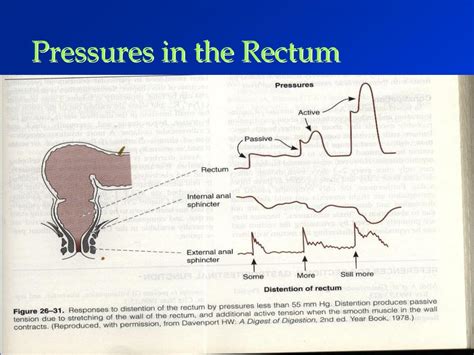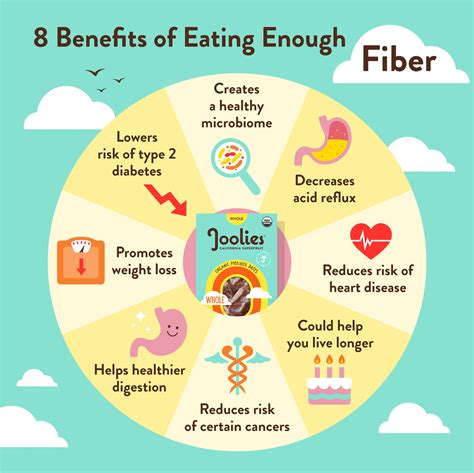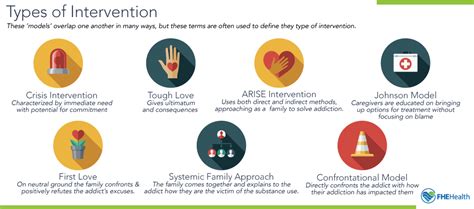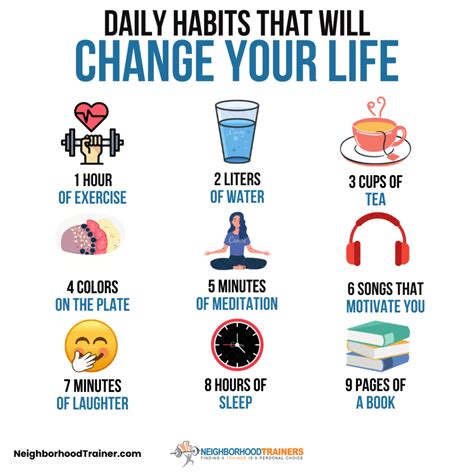Intro
Discover 5 ways to relieve anus pressure, easing discomfort from anal fissures, hemorrhoids, and rectal pain, with natural remedies and self-care techniques to reduce anal strain and promote healing.
Relieving anus pressure is a sensitive topic, but it's essential to address it due to its prevalence and impact on daily life. Anus pressure, often associated with conditions like hemorrhoids, anal fissures, or prostatitis, can be extremely discomforting and may significantly affect an individual's quality of life. Understanding the causes and finding effective relief methods are crucial for managing and potentially curing these conditions.
Anus pressure can stem from various factors, including constipation, diarrhea, poor diet, lack of physical activity, and even certain occupations that involve prolonged sitting. The discomfort can range from mild to severe and may be accompanied by other symptoms such as pain, itching, or bleeding. Given the sensitive nature of these issues, many people hesitate to seek medical advice, opting instead for home remedies or over-the-counter treatments. However, it's vital to consult a healthcare professional for proper diagnosis and treatment, as some conditions may require medical intervention.
The importance of addressing anus pressure cannot be overstated. Not only does it affect physical comfort, but it can also have psychological impacts, such as anxiety or embarrassment, which can further exacerbate the issue. By acknowledging the problem and seeking appropriate solutions, individuals can work towards alleviating their symptoms and improving their overall well-being. Whether through lifestyle changes, medical treatments, or a combination of both, there are several strategies available to help manage and relieve anus pressure.
Understanding Anus Pressure

Understanding the underlying causes of anus pressure is the first step towards finding relief. Common causes include poor bowel movements, straining during bowel movements, a low-fiber diet, and certain medical conditions. Each of these factors can contribute to increased pressure in the anal region, leading to discomfort and potentially more serious health issues if left unaddressed. By recognizing the root cause of the problem, individuals can begin to make informed decisions about their treatment options, whether that involves dietary changes, exercise, or medical intervention.
Benefits of a High-Fiber Diet

A high-fiber diet is often recommended for individuals experiencing anus pressure due to its ability to soften stool and make bowel movements easier. Foods rich in fiber, such as fruits, vegetables, and whole grains, can help prevent constipation, which is a common cause of straining and increased pressure in the anal region. The benefits of a high-fiber diet extend beyond relief from anus pressure, as it can also help lower cholesterol levels, control blood sugar levels, and even aid in weight management. By incorporating more fiber-rich foods into their diet, individuals can take a proactive step towards alleviating their symptoms and improving their overall health.
Practical Tips for Increasing Fiber Intake
- Start the day with a high-fiber breakfast, such as oatmeal with fruits or whole-grain cereals.
- Include a variety of fruits and vegetables in meals and snacks.
- Choose whole grains over refined or processed grains for bread, pasta, and rice.
- Consider fiber supplements if dietary changes are not sufficient, but always consult with a healthcare provider first.
Exercise and Physical Activity

Regular exercise and physical activity can play a significant role in relieving anus pressure. Physical movement helps stimulate bowel movements, which can prevent constipation and reduce straining during bowel movements. Additionally, exercise can improve overall circulation, which may help heal any damage or inflammation in the anal region. It's essential to choose activities that are comfortable and do not exacerbate the condition, such as walking, swimming, or yoga, and to avoid heavy lifting or straining.
Benefits of Regular Exercise
- Improves bowel function and reduces constipation.
- Enhances blood flow and aids in healing.
- Strengthens pelvic floor muscles, which can help support the anus and reduce pressure.
- Contributes to overall health and well-being, reducing the risk of chronic diseases.
Medical Treatments and Interventions

For some individuals, lifestyle changes may not be enough to relieve anus pressure, and medical treatments or interventions may be necessary. This can include over-the-counter creams or suppositories to reduce inflammation and discomfort, prescription medications to manage symptoms, or in some cases, surgical procedures to treat underlying conditions such as hemorrhoids or anal fissures. It's crucial to consult with a healthcare provider to determine the best course of treatment, as they can provide a proper diagnosis and recommend appropriate interventions based on the individual's specific condition and medical history.
Types of Medical Interventions
- Topical treatments: Creams, ointments, or suppositories that can help reduce pain and inflammation.
- Oral medications: Prescriptions that can aid in softening stool, reducing pain, or treating underlying infections.
- Surgical procedures: Operations to remove or repair damaged tissue, such as hemorrhoidectomy for hemorrhoids or sphincterotomy for anal fissures.
Lifestyle Changes for Relief

Making lifestyle changes is a critical component of relieving anus pressure. This includes adopting a high-fiber diet, engaging in regular physical activity, practicing good bowel habits such as responding to the urge to have a bowel movement, and avoiding straining during bowel movements. Additionally, maintaining good hygiene, avoiding tight clothing, and managing stress through techniques like meditation or deep breathing exercises can also contribute to relief. By combining these lifestyle adjustments with medical treatments when necessary, individuals can effectively manage their symptoms and work towards a significant reduction in anus pressure.
Additional Tips for Managing Anus Pressure
- Stay hydrated by drinking plenty of water to help soften stool.
- Avoid foods that can irritate the bowel, such as spicy or fatty foods.
- Consider using a stool softener or laxative temporarily to help with constipation, under the guidance of a healthcare provider.
- Take regular breaks to stand up and move around, especially during long periods of sitting.
Conclusion and Next Steps

Relieving anus pressure requires a comprehensive approach that may involve dietary changes, regular exercise, good bowel habits, and in some cases, medical treatments. By understanding the causes of anus pressure and taking proactive steps towards managing symptoms, individuals can significantly improve their quality of life. It's essential to consult with a healthcare provider to determine the best course of action, as they can provide personalized advice and treatment based on the individual's specific needs and condition. Remember, addressing anus pressure is not just about finding relief from discomfort; it's also about taking care of one's overall health and well-being.
We invite you to share your experiences or ask questions in the comments below. Your input can help others who may be dealing with similar issues, and together, we can create a supportive community focused on health and wellness. If you found this article informative, please consider sharing it with others who might benefit from the information. Let's work together towards a healthier, happier life.
What are the most common causes of anus pressure?
+The most common causes include constipation, diarrhea, poor diet, lack of physical activity, and certain medical conditions like hemorrhoids or anal fissures.
How can a high-fiber diet help relieve anus pressure?
+A high-fiber diet can help soften stool, making bowel movements easier and reducing the need to strain, which can alleviate anus pressure.
What types of exercise are recommended for relieving anus pressure?
+Low-impact exercises such as walking, swimming, or yoga are recommended, as they can help stimulate bowel movements and improve circulation without exacerbating the condition.
